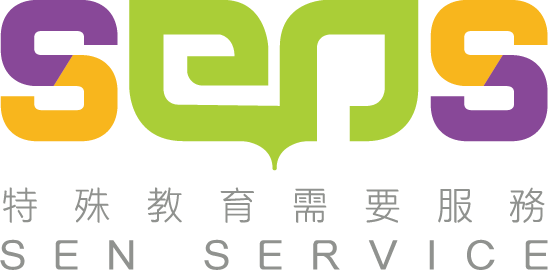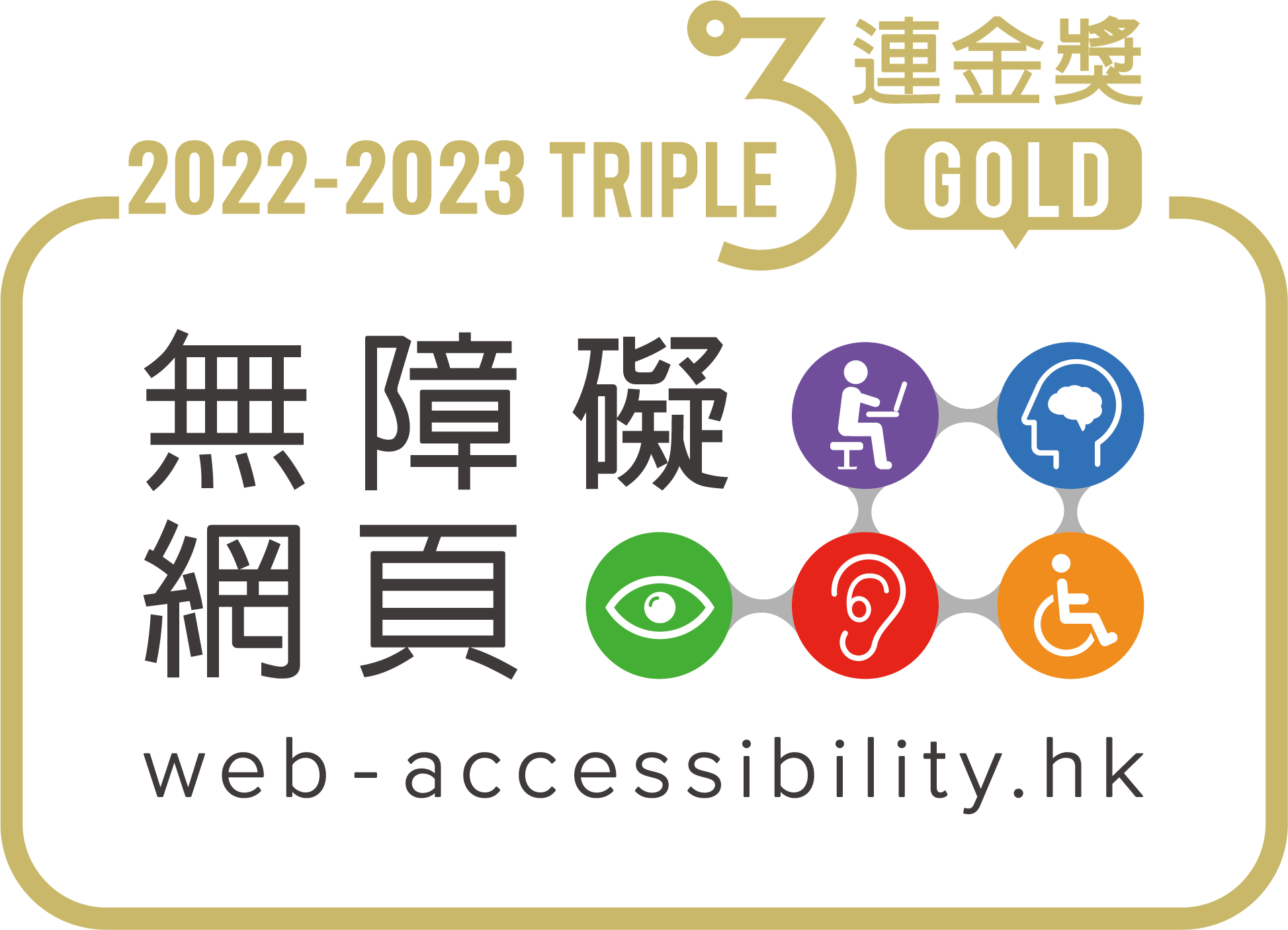Specific Learning Difficulties (SpLD) is a neurological disorder that causes difficulties in perceiving or processing auditory, visual or spatial information and interferes the ability to learn or apply specific learning skills (e.g. reading, writing, arithmetic calculations). Types of SpLDs include the following:
• Dyslexia – learning difficulties in reading, writing, and spelling; the most common type of SpLD
• Dyscalculia – learning difficulty in performing arithmetic calculations
General Difficulties Encountered by Students with SpLD
1. Reading and Writing:
- Slow reading rate and reading comprehension, especially when reading complex sentence structures and passages
- Erratic and inconsistent spellings
- Reversals or transpositions of letters in words, or of numbers in figures, formulae and dates
- Omission of parts of words or sentences, or omission of auxiliary verbs, pronouns and prepositions
- Lack of proper order or demonstrated sequence in writing and mathematical calculations
- Visual memory skills may be comprised, in comparison with oral skills
2. Information Processing:
- Difficulties in following sequences or complicated directions
- Difficulties in integrating materials from a number of sources and/or associating ideas
- Difficulties in interpreting two- or three-dimensional models or diagrams
3. Emotional:
- Potential heightened anxiety levels in assessments (e.g. tests, exams)
Useful Tips for Supporting Students with SpLD
• Communication:
1. Communicate in clear and concise words; avoid using metaphors
2. Break down complex requests/ instructions in steps and stages and provide these in both verbal and written forms
3. Repeat key instructions or points if necessary
• Inclusive Teaching:
1. Elaborate complex concepts with concrete examples
2. Consider presenting information in different formats (e.g. handouts, worksheets, lists, flow charts, videos) and make use of colour to highlight/distinguish key points
3. Present materials and notes in bullet points
4. Provide lists of technical/professional jargons in advance, if these will be used in class
5. Provide lecture materials prior to class to facilitate students’ preparation for class
6. Permit audio/video recordings of lectures to facilitate students’ revision/learning after class
7. Summarize and recap key concepts from time-to-time throughout/at the end of the class
8. Provide oral feedback if feasible
9. Discuss special learning and/or exam arrangements privately with students concerned
10. Acknowledge and show respect for diversity in learning needs
• Assignment & Assessment:
1. Encourage the student to submit an early draft of assignments to allow the opportunity for feedback to the student
2. Consider extensions in assignment deadlines
3. Consider extra time and supervised breaks in quizzes/tests/exams if necessary
4. Arrange a separate venue for quizzes/tests/exams to minimize distractions and stress
5. Keep written instructions and sentences short in quizzes/tests/exams
6. Make use of bullet points, lists or distinct parts in quizzes/tests/exams to facilitate the student’s understanding of the questions
Reference




